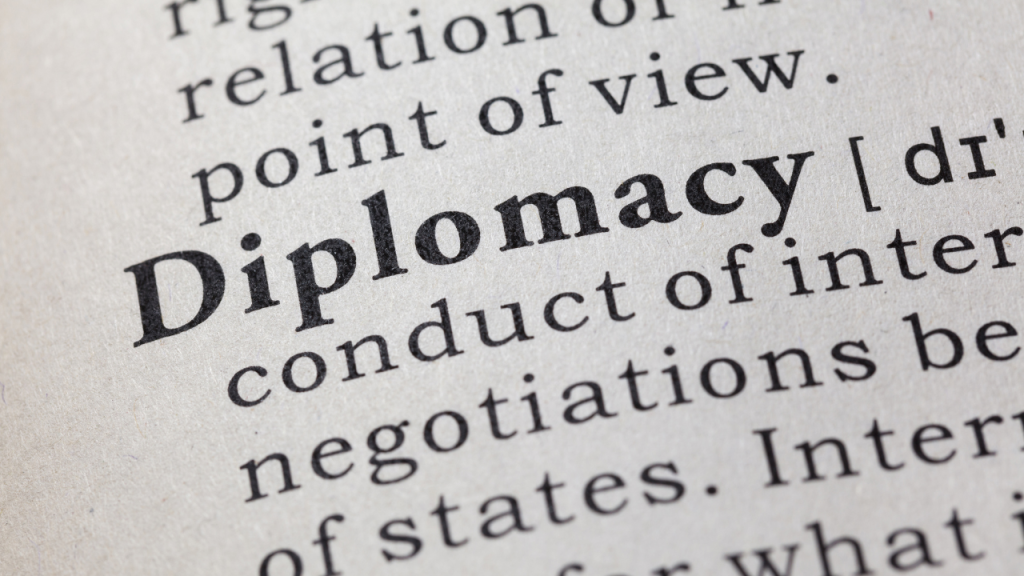
It’s a common question: is there a difference between a lawyer and an advocate? Technically, in California—and in most of the United States—every lawyer is expected to be an advocate for their client. In fact, lawyers take an oath to zealously represent their client’s interests within the bounds of the law and professional ethics.
But what does “advocacy” really mean in practice? And does it look different depending on the type of lawyer you hire?
Advocacy Is the Core of Lawyering
Whether a lawyer handles business transactions, estate planning, or courtroom litigation, their fundamental role is to advocate for their client. This means advancing their client’s goals, protecting their interests, and ensuring their legal rights are upheld.
For litigators, advocacy tends to be more direct and adversarial. Our legal system is based on the adversarial model, where both sides present their best case, and a neutral decision-maker (a judge or jury) decides the outcome. The principle behind this system is that, by allowing each party to argue their side vigorously, the truth is most likely to emerge.
Transactional lawyers, by contrast, may not be fighting battles in court, but they are still advocates. When drafting contracts, negotiating deals, or advising clients on business or estate matters, they’re working just as hard to achieve the best outcome. Advocacy in this context may be quieter—but it’s no less important.
Civility Is Not Weakness

One of the biggest misconceptions about lawyers—fueled by TV shows and movies—is that the best advocates are aggressive, loud, or even ruthless. But while that might make for entertaining drama, it’s rarely effective in real life.
The truth is, effective advocacy requires professionalism, not posturing. A good lawyer understands that law is a people-centered profession. Lawyers must work not just with their clients, but also with opposing counsel, judges, witnesses, and court staff. Success often depends on collaboration, credibility, and respect—not theatrics.
In fact, the lawyers most respected by their peers (and most feared by their opponents) tend to be calm, strategic, and highly professional. They don’t need to bully or grandstand. Their strength lies in their preparation, their precision, and their confidence in the law.

By contrast, lawyers who rely on bluster often reveal more than they intend. When someone shouts or tries to intimidate, it’s usually a sign of insecurity—either in their case or in their own abilities.
Conclusion
Every lawyer should be an advocate. Whether in court or at the negotiating table, advocacy means putting the client’s interests first and doing everything legally and ethically possible to protect them.
But advocacy doesn’t require aggression. The most skilled lawyers are often the most composed. They know how to be civil without being soft—and persuasive without being pushy.
In the end, the best advocates are the ones who let their work speak for itself.
At Albertson & Davidson LLP, advocacy is at the heart of what we do. Contact us today to discuss your case.

